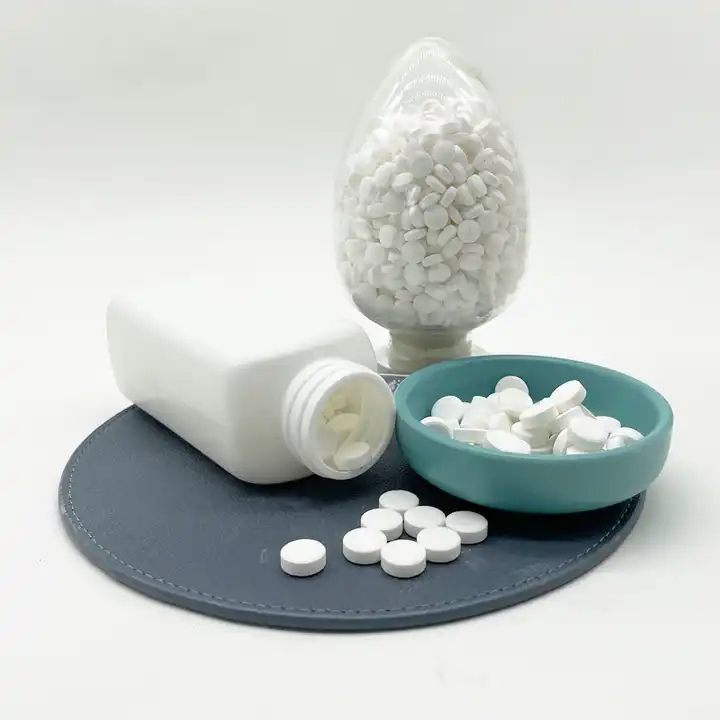
Introduction
A private swimming pool is an ideal place to go in summer, but to keep the water quality of the swimming pool clear, water quality treatment in three major directions is required: circulating filtration, chemical disinfection and physical cleaning. These links are indispensable, otherwise the swimming pool water quality will be threatened. This article will delve into these aspects to ensure your pool water quality is maintained at its best.
The first major direction: loop filtering
Swimming pool water quality problems often result from long periods of vacancy, especially in high temperature environments. In this case, small moss may appear on the walls of the pool, while accumulations of fallen leaves and fruit provide an ideal breeding environment for mosquitoes. If the swimming pool is left empty for a long time, it will form a “green pool” and cause huge trouble to clean up. In order to keep the water quality of the swimming pool clean, it needs to be cleaned frequently to remove fallen leaves and fruits, and to ensure that the swimming pool does not form a “dead water area” and is maintained in a state of circulating filtration. National standards stipulate that private swimming pools need to circulate water at least 4-3 times a day, and each cycle takes 6-8 hours, which means that the water pump needs to run 24 hours a day.
In the past, few people could strictly follow this regulation because running the water pump 24 hours a day consumes electricity, and the water pump is noisy, which can easily disturb neighbors and affect neighbor relations. However, now, domestic swimming pool pump technology continues to advance, and variable frequency swimming pool pumps have been launched. Some models have achieved 16 times energy saving and 30 times noise reduction. There is almost no sound from the equipment during operation, only the sound of running water. Compared with The multi-speed pump imported from overseas has a much better experience.
The emergence of smart water pumps has also solved some problems. Professional swimming pool cleaning agencies mentioned that algae grows faster during the day and requires continuous circulation of swimming pool water so that clean water treated by the disinfection system returns to the swimming pool. Sunlight and ultraviolet radiation during the day will destroy the chlorine-containing disinfectant in the swimming pool and reduce the disinfection effect. If you stop the pump at night, bacteria and algae will continue to grow, reducing pool water quality. Therefore, it is best to run the swimming pool pump at a low speed at night to keep the swimming pool filtered 24 hours a day.
The second major direction: chemical disinfection
At present, the common disinfection methods for domestic swimming pools are mainly chlorinated disinfectants, including liquid chlorine, calcium hypochlorite, sodium hypochlorite, sodium dichloroisocyanurate and trichloroisocyanuric acid. These disinfectants react with water to release hypochlorous acid to kill bacteria and viruses. For private swimming pools with high water quality requirements, ultraviolet disinfection is also an important choice.
Among these disinfectants, sodium hypochlorite is commonly used, commonly known as high-efficiency bleaching powder. Another common organochlorine disinfectant is trichloroisocyanuric acid, commonly known as strong chlorine, which has relatively stable properties. However, no matter what kind of chlorine disinfectant is used, if the agent is put directly into the swimming pool, it is easy to cause under-dosage or overdose. Insufficient dosage will result in incomplete disinfection, and the remaining excess chlorine will pose a health threat to swimmers.
In recent years, a new method has emerged in China, which is to replace traditional chlorinated disinfectants with salt chlorine machines. The salt chlorine machine generates chlorine ions through electrolysis of industrial salt, which reacts with water to form hypochlorous acid for swimming pool disinfection. Unlike other disinfection methods, the salt chlorine machine only needs to put salt in the swimming pool, monitor the water quality in real time, and perform precise electrolysis based on the monitoring results. This method protects swimmers’ skin, eyes and hair and makes the water softer and more comfortable. Therefore, salt chlorine machines are popular in European and American markets, and data show that their market share is growing rapidly.
The third major direction: physical cleaning
As long as the above two steps are strictly implemented, namely 24-hour water circulation and 24-hour precise swimming pool disinfection, coupled with daily maintenance, there will be no major problems with the water quality of the swimming pool. Extensive monthly water changes are no longer required as the pool is constantly being changed and disinfected. As technology advances, pool cleaning has become easier. In the past, pool cleaning was an arduous task that required hooking up a skimmer, irregular cleaning, and the need to tidy up after cleaning, which was very tedious. Now, the emergence of underwater cleaning robots has changed this situation, making operation easier. Furthermore, the wireless pool robot can clean according to the built-in navigation system, getting rid of the trouble of tangled wires. As long as the battery life is strong enough, pool cleaning becomes very simple. Just put the robot into the water and it will automatically complete the cleaning work.
In conclusion
With the continuous development of technology, water quality management of private swimming pools has become easier and simpler. By choosing appropriate intelligent products, the quality of your swimming pool water can be easily maintained at the best condition with the press of a “one click”. I hope this latest pool management information will help you all, so that your pool always stays clear and comfortable, providing endless summer fun.